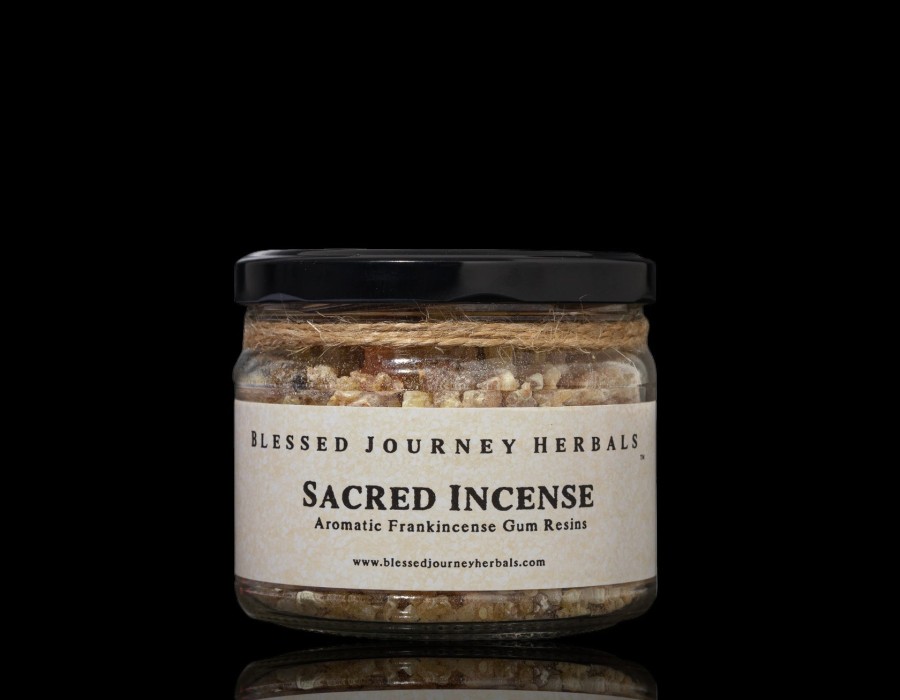Sacred Aromas in Religious Rituals
In ancient Egypt, incense was intrinsically linked to religious rituals and temple activities. The Egyptians believed that burning incense could appease the gods and act as a medium for communication between the earthly and divine planes. Temples were often filled with the fragrant smoke of burning resins and aromatic woods, creating an atmosphere conducive to worship and meditation. Frankincense and myrrh, two of the most revered substances, were frequently used in these rituals. These resins were not only valuable but also considered sacred gifts to the gods.
The daily rituals in temples included the burning of incense at dawn, noon, and dusk, each time accompanied by hymns and prayers. The smoke from the incense was thought to carry the prayers of the priests up to the gods. This practice underscored the belief that the divine could be reached through the purity and sacredness of the fragrant smoke.
Incense in Funerary Customs
Incense played a critical role in ancient Egyptian funerary practices. The Egyptians held a strong belief in the afterlife, Incense Egypt and preparing the dead for their journey was a meticulous process. Incense was used during the mummification process to purify the body and mask the odors of decomposition. Specific recipes and blends were prepared to ensure that the deceased would be favorably received in the afterlife.
During the funeral ceremonies, incense was burned continuously. It was believed that the fragrant smoke helped guide the soul of the deceased to the afterlife. Incense burners and censers, often elaborately decorated, were included in tombs as essential items for the dead. This ensured that the departed could continue their rituals and maintain a connection with the gods in the afterlife.
Trade and Economy
The demand for incense in Egypt spurred extensive trade networks. Incense, particularly frankincense and myrrh, was imported from regions such as Punt, located in present-day Somalia and Ethiopia. These precious resins were highly valued, often more than gold. The expeditions to Punt, famously recorded in the reign of Queen Hatshepsut, Herbal Salves Egypt highlighted the lengths to which the Egyptians went to secure these sacred substances.
The incense trade not only contributed to the economy but also to cultural exchanges. Through trade, Egypt was able to acquire other exotic materials and integrate different customs and practices, enriching their own culture. This exchange facilitated the spread of Egyptian religious and cultural practices beyond their borders.
Symbolism and Legacy
The symbolism of incense in ancient Egypt transcended its physical presence. Incense represented purity, sanctity, and the divine connection. The act of burning incense was a ritualistic expression of devotion and a way to maintain harmony between the physical and spiritual worlds.
The legacy of incense in ancient Egypt continues to be felt today. Modern perfumery and aromatherapy owe much to the ancient Egyptians' pioneering use of aromatic substances. The extensive documentation of their incense recipes and practices provides invaluable insights into their spiritual and cultural life.






Comments